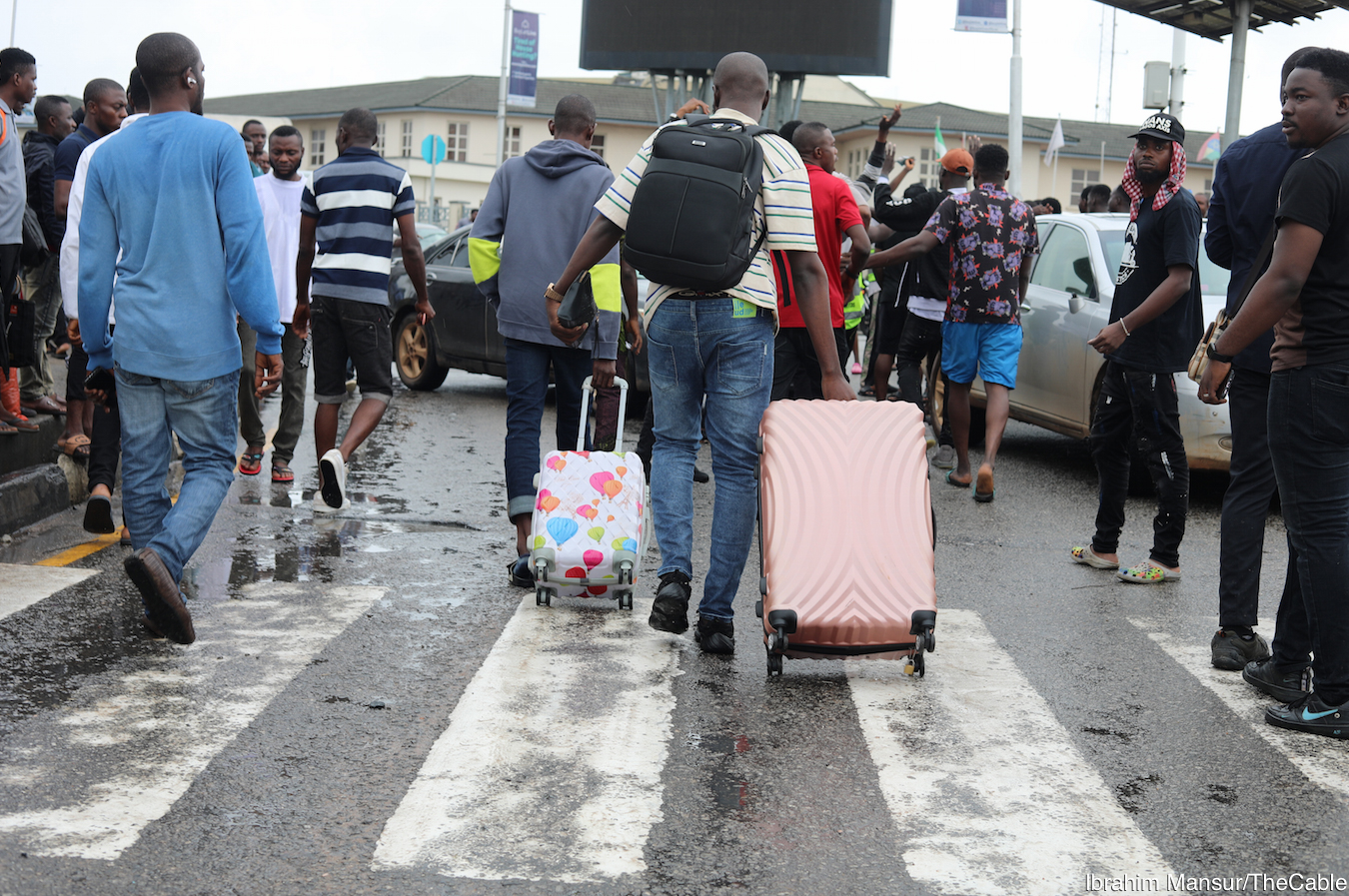Africans in UK struggling to make ends meet

Africans in the UK are struggling to keep up with rent, food and electricity bills and this has resulted in most incurring debt and also seeking assistance from families back home.
Despite contributing to the country’s economy, the majority do not qualify to receive financial assistance from the government as they don’t meet eligibility criteria such as income level, residency status and immigration status.
Even with the hardships, Africans are continuing to flock to the UK, and 2022 saw a huge increase in those seeking temporary work. Study migration post-pandemic has also contributed to the surge.
Enitan Kehinde, lead consultant and general manager at BHM UK, an African communications services company which sheds light on the financial struggles faced by the African immigrant community in the UK, said these individuals were also facing lack of job security and mounting debt.
“Some have turned to family for financial support in recent times, while others admit to borrowing to pay for everyday needs. As the crisis bites deeper, several say they have had to cut down on essentials to survive.”
Kehinde added that petrol had become a luxury, with many unable to afford to fill up their cars.
“Some plan to reduce the use of power while others have had to miss meals so they could pay bills,” she said.
Lead researcher Robert Ekat said the grim situation has necessitated an urgent need for attention, which has informed BHM UK’s research. He said cultural or language barriers also made it difficult for African immigrants who could qualify to access and navigate the UK’s social welfare system.
“Our findings reveal the stark reality of the financial struggles faced by this community, with job security and monthly bills being the top concerns. It is possible that some may be considering returning to their home countries. Factors such as economic hardship, discrimination and uncertainty around immigration policies may contribute to this consideration. However, each individual’s situation is unique and some may choose to stay and continue to work towards building a better life.”
Ekat said although challenges faced by fellow Africans in the UK may be known or ignored, many still take the risk of moving to the UK with blind hope, while others may have a more calculated plan for supporting themselves and their families back home.
Despite not being able to provide for themselves, these Africans in the UK are still pressured by black tax with their families and friends expecting financial support. The desperation for survival is also affecting their physical and mental health.
Ayeni Adekunle, BHM UK’s founder and CEO, said they were raising awareness about the economic and psychological issues facing Africans in the UK because it was necessary to demonstrate increased understanding, empathy and support to inspire practical solutions.
“With many Africans seeking to migrate to the UK in the coming months, it’s important for the UK to provide some support to Africans. Apart from school fees paid by immigrants to British schools, the UK gains from visa fees, National Health Service payments, rent, economic productivity and income taxes.”
IOL









